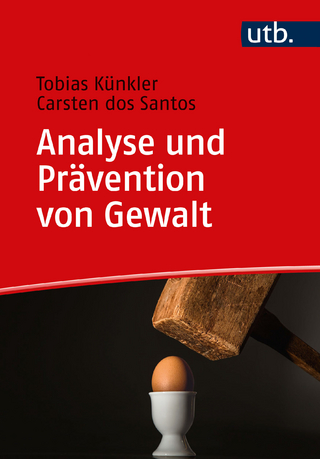
Education for Knowing
Rowman & Littlefield (Verlag)
978-1-4758-4813-7 (ISBN)
If our goal is Education for Knowing, as the title says, then we need to be guided by a conception of what knowing is. For example, we can all agree that there are “math facts” that students need to learn, and we can agree that there are general concepts and laws that students should be acquainted with. But is there more involved, perhaps something like nurturing in students a desire to probe deeper into the workings of thing? Or developing a capacity to explain why things work the way they do? Our conceptions of what genuine knowing is serve as guides to what we think the goal of education is, and they tell us how to “build a student.” However, as it turns out, there are multiple conceptions of what knowing truly involves, and these conceptions tend to be different for different sets of education stakeholders such as parents and their children, school administrators, and educational researchers. Understanding this diversity of conceptions of knowing will make it easier for representatives of the different stakeholder groups to work together to accomplish the goal of building knowing students.
Paul A. Wagner, PhD, is the author of over 130 publications including nine books. He is chair of the Department of Leadership and Policy Analysis at the University of Houston. Frank K. Fair, PhD, has a number of publications in a variety of academic journals, co-authored two books on innovation, quality management, and team creativity in business. Two other recent publications especially relevant describe the successful replication of empirical experiments on the effects of the Socrates in the Schools program.
DedicationPreface
Acknowledgements
Introduction
Chapter 1: Conceptions of Knowledge I: Realism Versus Skepticism Chapter 2 Why Children and Their Parents are Natural Realists Chapter 3: Conceptions of Knowledge II: Contextualism and PragmatismChap. 4 Policy-makers and Administrators as Contextualists and Pragmatists Chapter 5 Conceptions of Knowledge III: Instrumentalism , Evidentialism, and Social Constructivism Chapter. 6 Educational Researchers as Instrumentalists, Evidentailists, or Social ConstructivistsChapter 7 Bringing the Perspectives TogetherChapter 8 Sketching a Path Forward Glossary: 20-25 definitions of key terms ReferencesAbout the AuthorIndex
| Erscheinungsdatum | 10.05.2021 |
|---|---|
| Verlagsort | Lanham, MD |
| Sprache | englisch |
| Maße | 161 x 228 mm |
| Gewicht | 458 g |
| Themenwelt | Sozialwissenschaften ► Pädagogik ► Erwachsenenbildung |
| Wirtschaft ► Betriebswirtschaft / Management ► Allgemeines / Lexika | |
| ISBN-10 | 1-4758-4813-7 / 1475848137 |
| ISBN-13 | 978-1-4758-4813-7 / 9781475848137 |
| Zustand | Neuware |
| Informationen gemäß Produktsicherheitsverordnung (GPSR) | |
| Haben Sie eine Frage zum Produkt? |
aus dem Bereich


